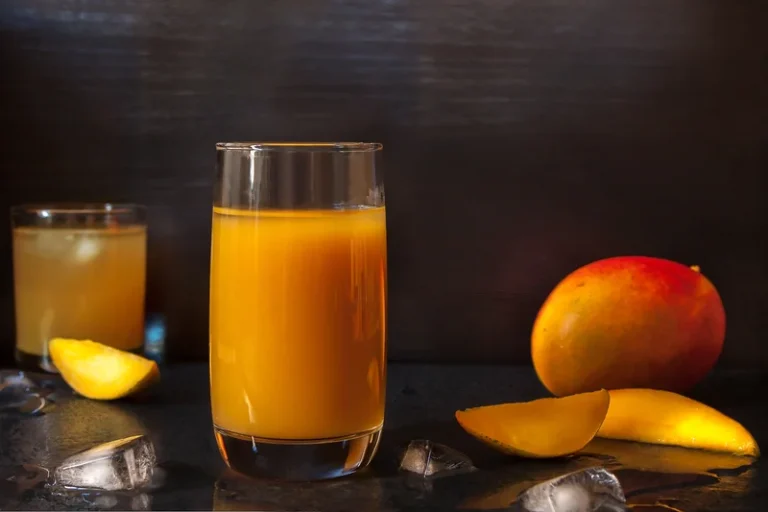
If you consumed alcohol before finding out you were expecting, try not to panic. ACOG reassures parents that “serious harm is unlikely if you drank before you knew you were pregnant.” The takeaway is to look carefully at where your information comes from, and choose public health websites like the CDC and American Academy of Pediatrics (AAP) when educating yourself about alcohol and pregnancy. However, there are still quite a few unknowns regarding the use of alcohol in early pregnancy, including in the days before you knew you were pregnant.
- Maybe you’ve even known for a couple weeks that you’re pregnant, but you went ahead and toasted the bride and groom at a recent wedding because your friend told you small amounts of alcohol so early in pregnancy don’t do any harm.
- These scientific findings help inform evidence-based care and resources.
- One of the main reasons for this is not drinking enough water or not replenishing water lost to sweat, excessive urination, vomiting, or diarrhea.
Opill: Is this new birth control pill right for you?
International adoption from some countries may have a higher rate of alcohol use by pregnant mothers. If you have concerns about your child’s learning or behavior, talk with your child’s healthcare professional to find out what might be causing these problems. We know drinking heavily during pregnancy is not safe for the baby. We are less sure about the risks of low to moderate drinking, and until we have better information, it’s understandable that health organizations and providers would advise complete abstinence from alcohol. While we’ve long known that heavy alcohol consumption during pregnancy can cause these problems, the effects of an occasional glass of wine is less understood.
What if I drank during my last pregnancy and my child was fine?
To reduce the risk of miscarriage, women who are trying to conceive should consider avoiding alcohol. For those unwilling to do that or those with an unplanned pregnancy, stopping drinking as soon as a pregnancy test is positive may improve the likelihood of successful outcomes. Healthcare providers must educate women about what we know regarding alcohol consumption during pregnancy.
Support links
Alcohol use during pregnancy can lead to lifelong effects in children exposed prenatally. Image courtesy of the Centers for Disease Control and Prevention. You can get help from a doctor or other healthcare professionals, your religious adviser, a mutual-support group, or other support people.
- This article explains how dehydration contributes to hypertension and how drinking water can help maintain or even lower your blood pressure.
- The CDC caused controversy in February 2016 when it published a report intended to raise awareness of the risk of FASD due to drinking before a woman realizes she is pregnant.
- Fourth, pregnancy might be misclassified because early pregnancies might be unrecognized.
- It may be difficult not to worry, but do your best not dwell on the past.
- When they reach school age they often have learning disabilities and difficulty with attention, memory and hyperactivity.
BIRTH OUTCOMES

While no amount of alcohol is safe during pregnancy, drinking small amounts before realizing you’re pregnant likely won’t cause any harm. When you start trying to conceive is the best time to stop drinking, but many women don’t realize that they’re pregnant right away. During those first few weeks, some may unwittingly indulge in a few drinks (or more).
Additionally, over 6% of those who drank alcohol before being pregnant did not change their alcohol intake when they found out. If you suspect your child has fetal alcohol alcohol during pregnancy syndrome, talk to your doctor or other healthcare professional as soon as possible. Many people drink alcohol without knowing they’re pregnant—and it often ends up fine.
International Patients

Can Other Drinks Lower Blood Pressure?
Miscarriage risk


Scrivi un commento